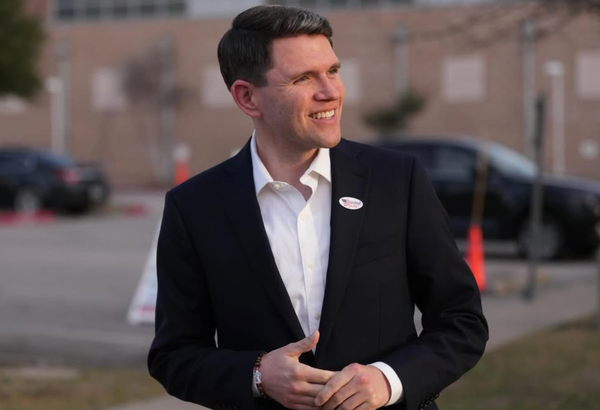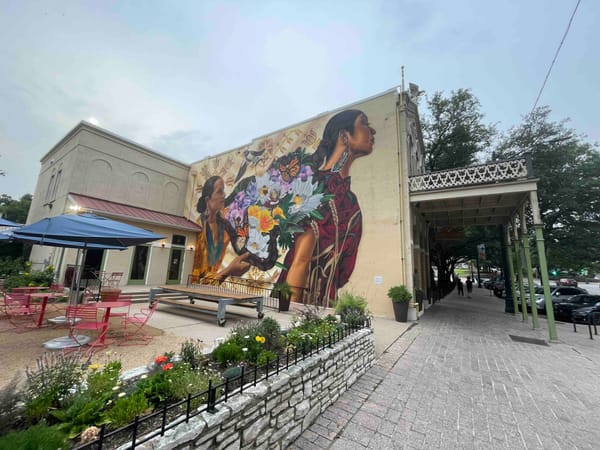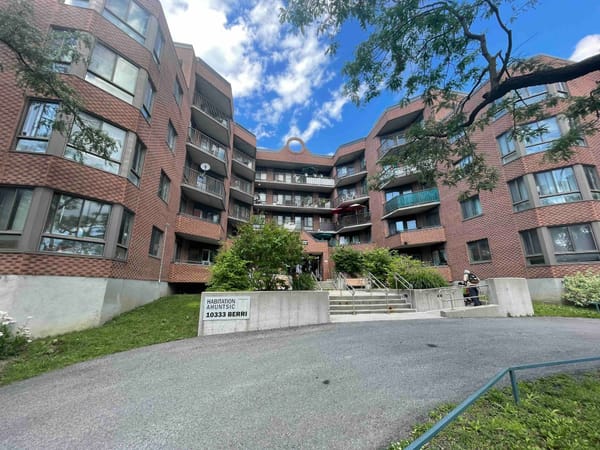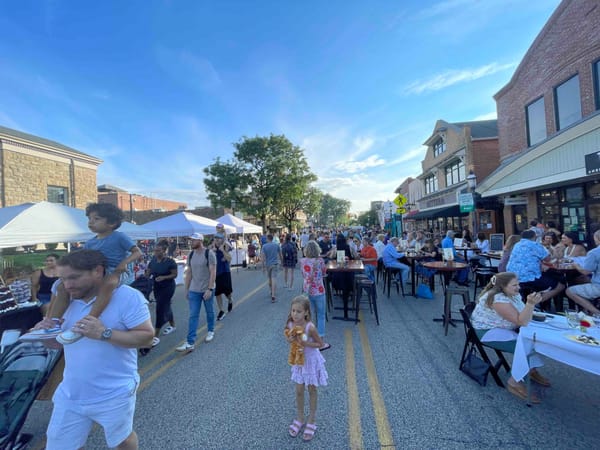Budget highlights
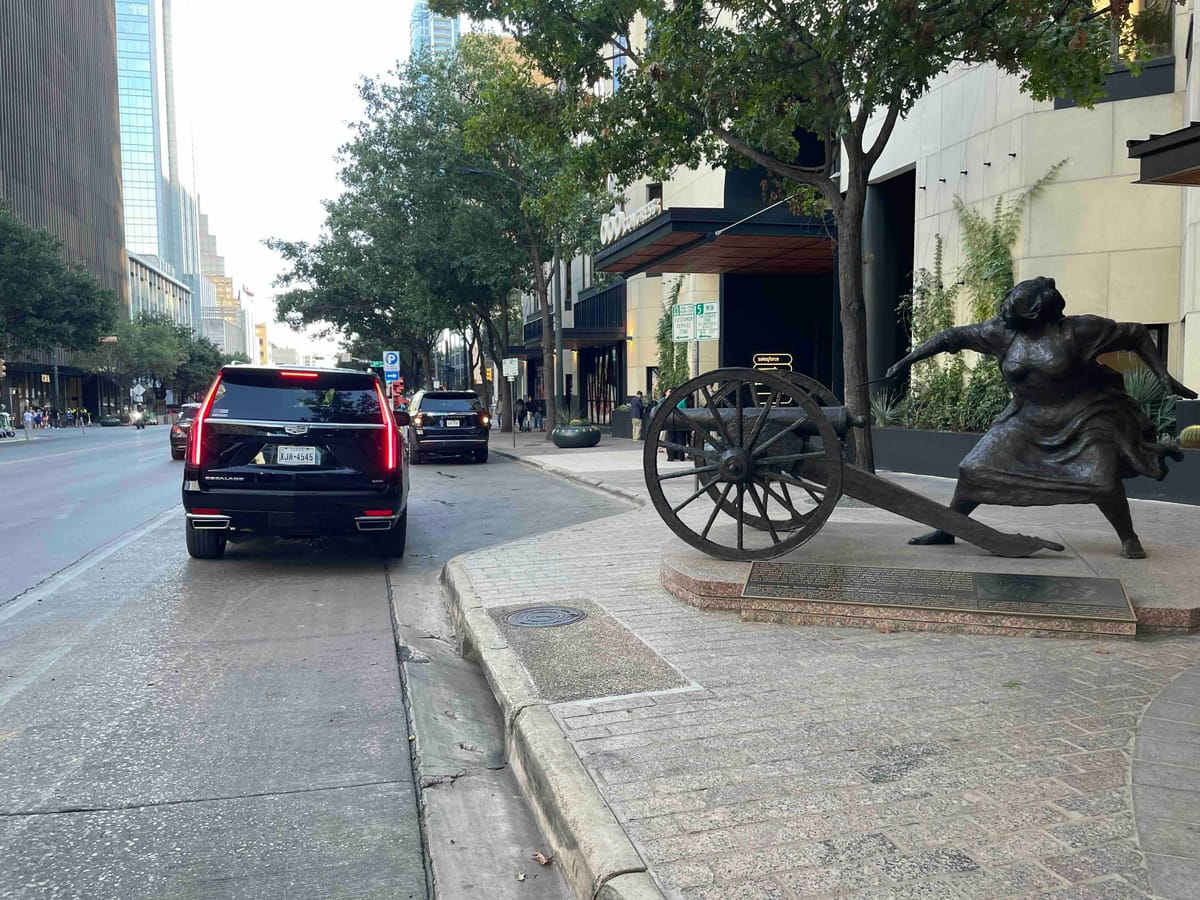
City Council members don't have much time to get a new budget approved in the wake of Prop Q's failure. They've begun in the past two days to wade into the tough questions about what to fund.
Here is a handy spreadsheet showing the difference between the Prop Q budget and the budget the city manager has now proposed.
Now let's look at some of the highlights from the conversation among Council members the past couple days.
Support for EMS
If there is one thing from Prop Q that the dais wants to maintain, it's the funding for EMS. One sub-quorum of Council members has proposed reallocating $4.3 million from other city programs (including the rainy day fund) to fund overtime for EMS "to backfill open vacancies and maintain staffing levels." I would be surprised if it encounters opposition.
Fuentes: How do we trust the city's numbers?
Council Member Vanessa Fuentes gently probed city budget staff on an issue that I've raised in the past: the big swings in their financial forecasts. Unlike me, she did not suggest that they were at times altered to align with certain political priorities (like getting big pay raises for cops).
The response from CFO Ed Van Eenoo and Budget Director Kerri Lang was absolutely true: sales tax revenue has fluctuated wildly in recent years, making it very hard to predict the city's bottom line.
(While most other local government entities are funded entirely by property taxes, a big chunk of the city's revenue comes from the sales tax)
Broadnax: Economic development is the way to go
City Manager T.C. Broadnax at one point said that the city needed to "be more responsible overall with level-setting with people" about what can and can't be funded. In other words, Council needs to learn to say no to more groups seeking assistance from the city.
He also pushed back on the idea of "pilot programs" –– "piloting something sounds good, but it may not be the wisest thing to do."
Finally, he said, "as the state keeps chopping away at our revenue generation capacities, I think we got to focus on economic development – it adds tax base."
It seems obvious, but it's easier said than done. Many of the same people who enthusiastically voted against Prop Q will just as enthusiastically oppose the conversion of former AISD properties into tax-generating commercial developments. They'll argue they should become city parks. Fine, but the city can't afford to maintain its existing parkland portfolio.
Duchen: How about speeding tickets?
Council Member Marc Duchen said to APD Chief Lisa Davis that the number of citations issued by the police has dropped from 156,000 to 20,000 over the past nine years, noting that the department several years ago disbanded a traffic enforcement division in response to the staffing shortage.
"I just wonder if there's been any conversation around whether that's a potential source of revenue," he said.
"Well I gotta tell you, I don't think of it in terms of revenue, I think of it in terms of public safety," replied Davis, later adding that APD is restoring a traffic safety unit that will result "in an increase in tickets written."
Enforcement can be one part of solving Austin's car crash crisis, which so far this year has left 83 people dead and many more maimed. The more effective long-term solution is to simply make roads and lanes narrower.
I haven't had time to read up on state restrictions on traffic fines, but generally the state of Texas restricts the use of fee or fine revenue to paying for the cost of the service being performed — in this case traffic enforcement. So even if the city wanted to fully go down the scary "policing for profit" road, it wouldn't be a way to fund the types of services that are on the chopping block.
No need to re-Imagine Austin
This is one no-brainer suggestion from Duchen: no need to hire consultants to update Imagine Austin, the comprehensive plan approved in 2012 that was supposed to be accompanied by a new land development code. Thirteen years later, the city still lacks a new LDC but Council nevertheless approved $3 million last summer to update the comp plan. The city doesn't need a new plan! It needs a new code.
Please tell your friends to get their OWN subscription to the Austin Politics Newsletter! And if you found this article particularly valuable, you can show your appreciation by buying me a cup of coffee to fuel further investigation and analysis of city politics.


